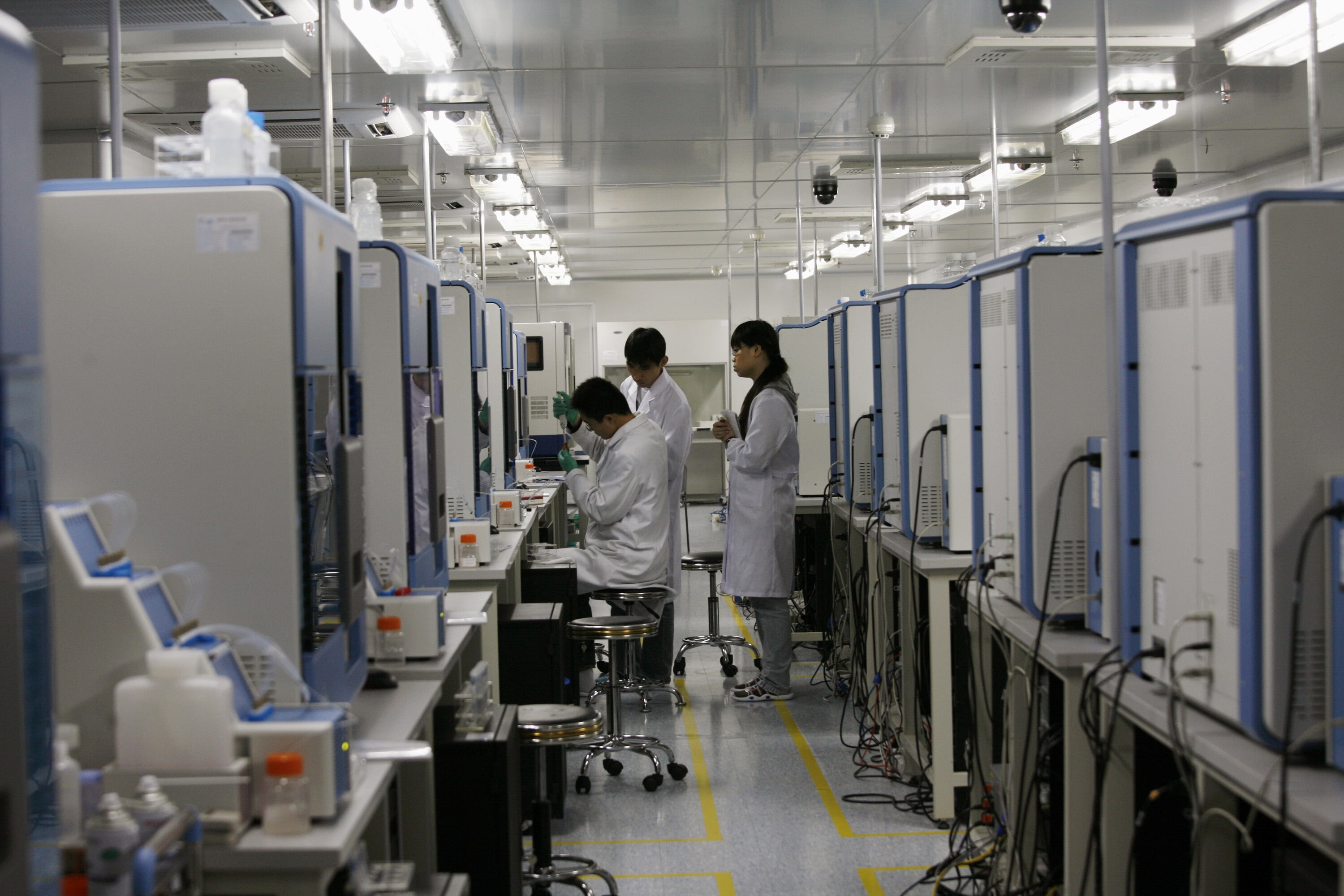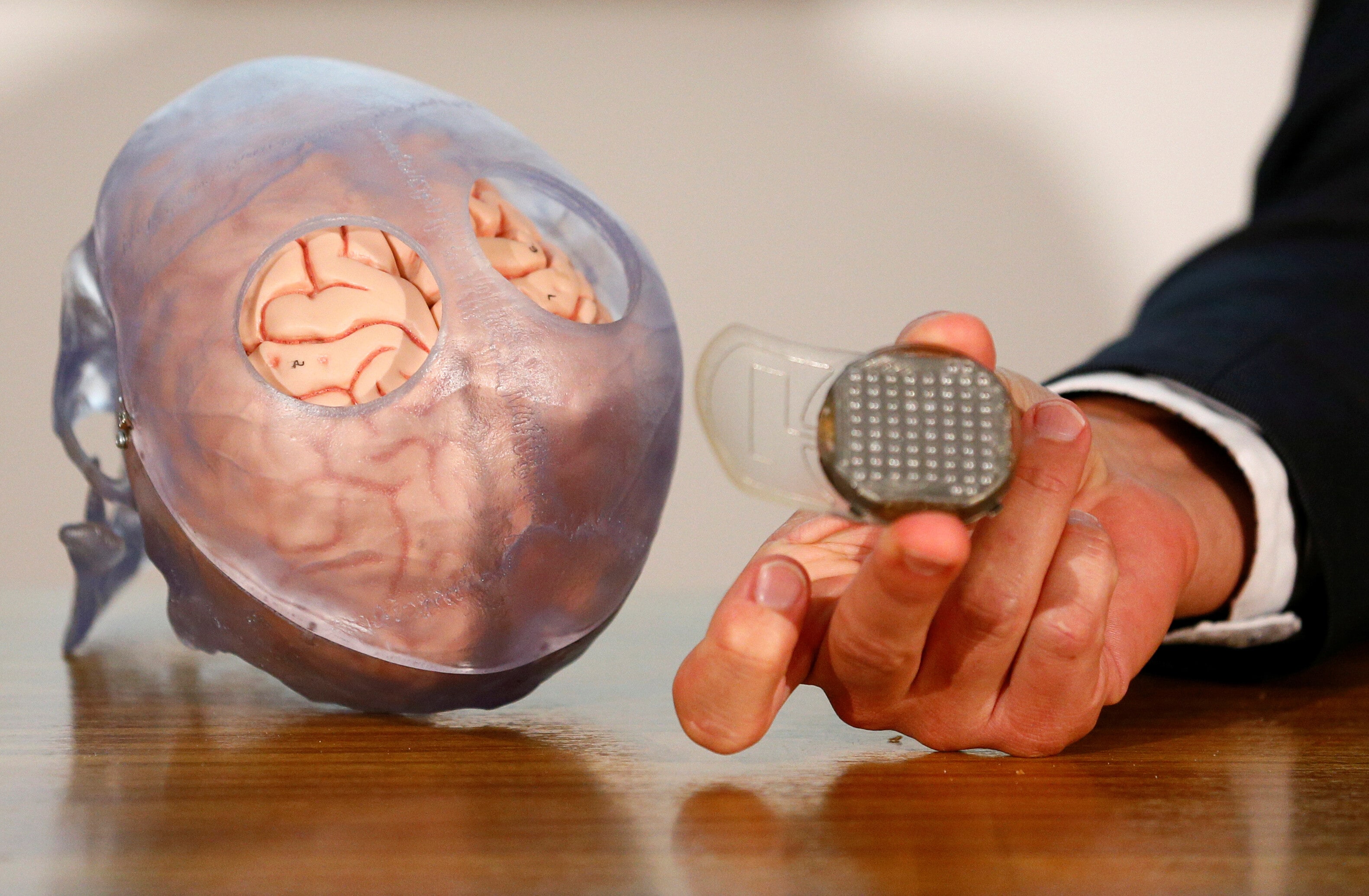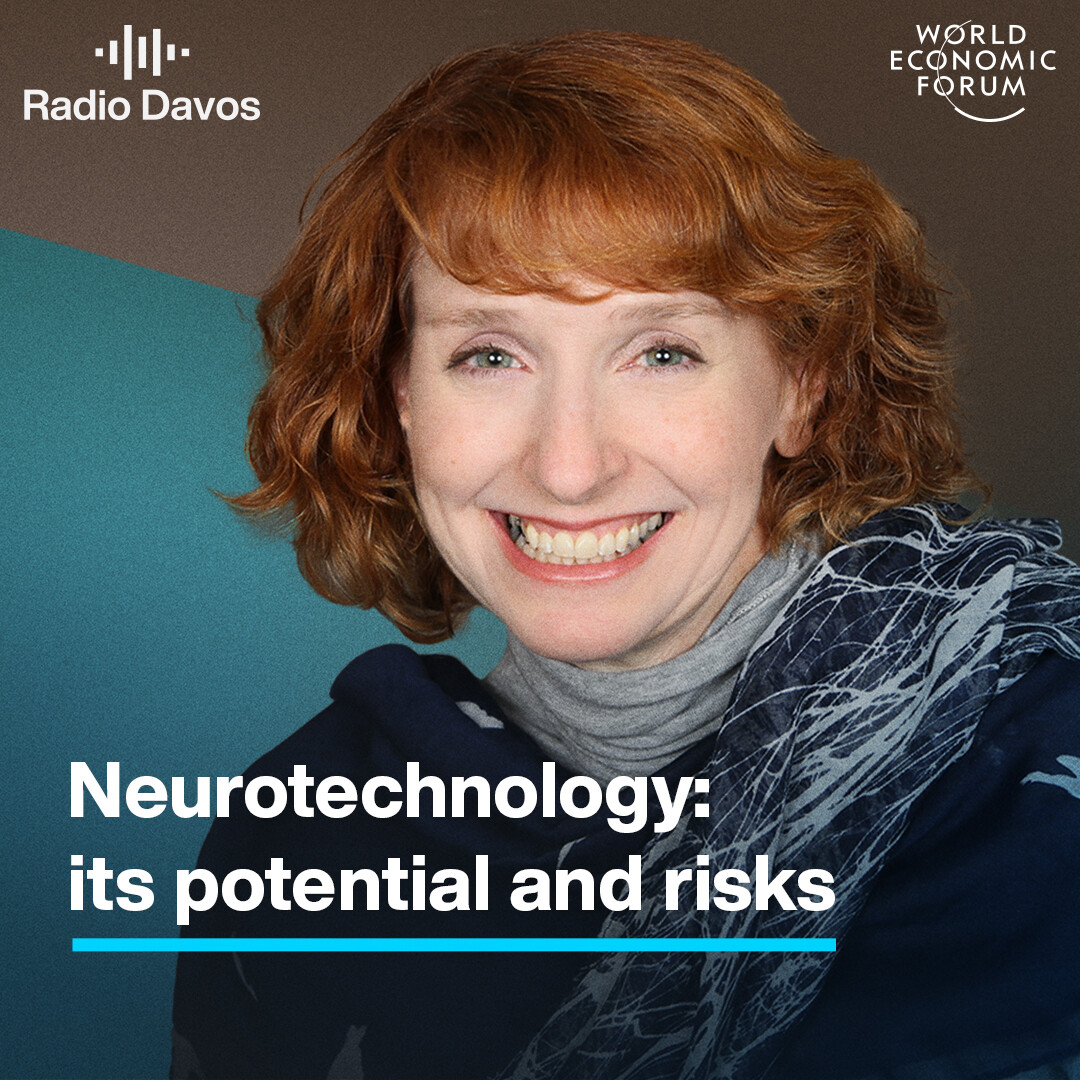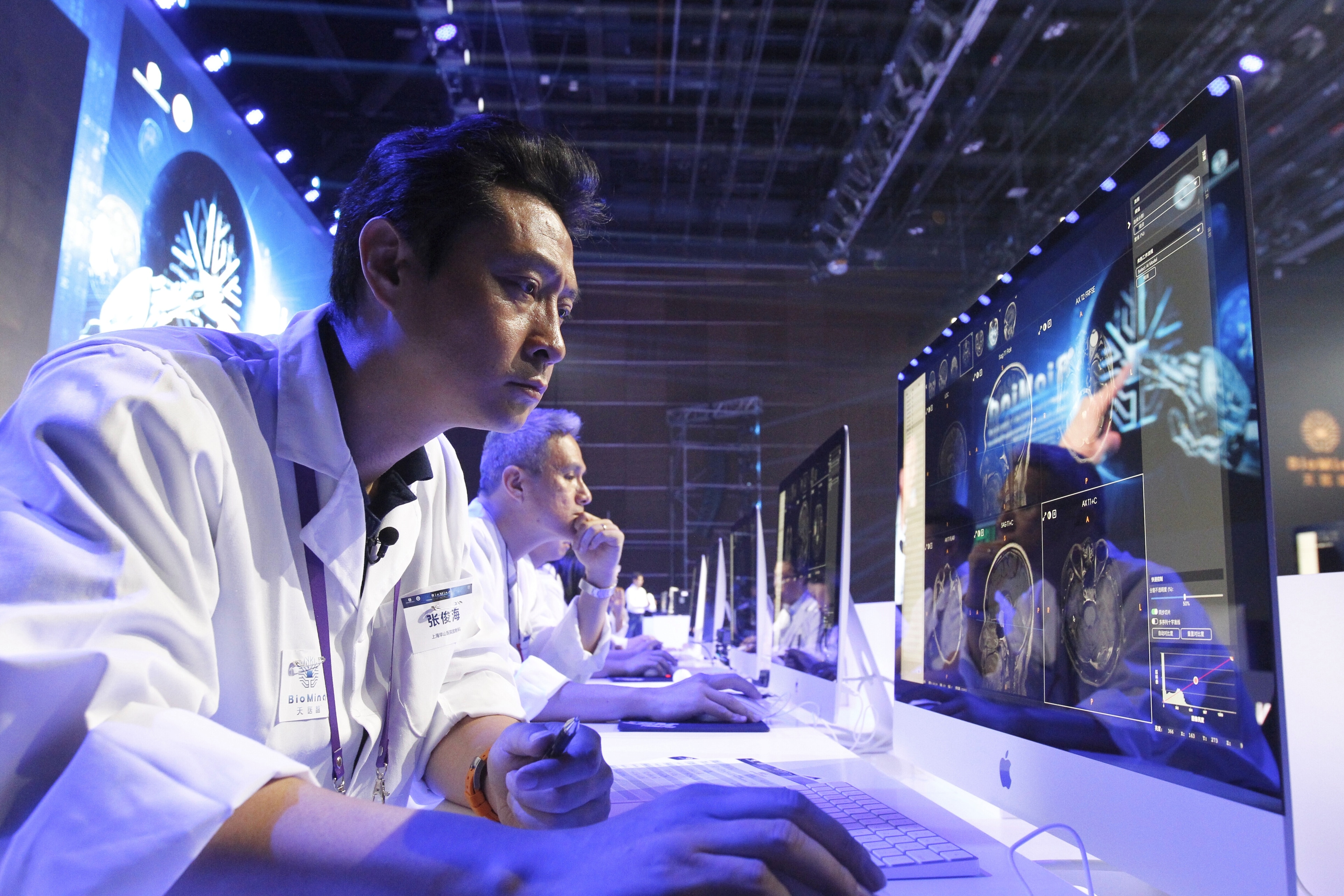COVID-19: Global donors pledge $8.8 billion for vaccines

GAVI is responsible for immunising millions of children around the world.
Image: REUTERS/Olivia Acland

Explore and monitor how COVID-19 is affecting economies, industries and global issues
Stay up to date:
COVID-19
- A variety of donor countries and organizations have pledged $8.8 billion to GAVI, the vaccines alliance.
- The funding summit was held virtually and co-hosted by the UK's Prime Minister Boris Johnson.
- The money will supply life-saving vaccines to some of the world's poorest countries as well as path the way for distribution of a COVID-19 vaccine.
The GAVI vaccines alliance said on Thursday it had raised $8.8 billion from international donor governments, companies and philanthropic foundations to fund its immunisation programmes through to 2025.
At a funding summit in London, GAVI said the pledges had exceeded its target of $7.4 billion, and would “help immunise 300 million more children in the world’s poorest countries against diseases like measles, polio and diphtheria”.
The vaccines alliance also said it had raised $567 million towards an initial goal of $2 billion from international donors for an Advanced Market Commitment to buy future COVID-19 vaccines for poor countries.
The deal would help secure enough COVID-19 vaccine doses - when the shots have been developed - for poor countries to immunise healthcare workers and those at high risk, it said, as well as creating a “buffer of doses” for use when needed.

GAVI, the World Health Organisation and the United Nations children’s fund UNICEF have warned that 80 million children under the age of one are at risk of disease due to disruptions to vital immunisation programmes because of the COVID-19 pandemic caused by the new coronavirus.
Britain, which hosted the summit, was among the largest donor to GAVI’s core $8.8 billion funding, pledging the equivalent of 330 million pounds ($416 million) per year over the next five years, GAVI said.
British Prime Minister Boris Johnson said GAVI could count on the UK’s full contribution to help “the triumph of humanity over disease, now and for the generations that follow”.
Other top donors included the Bill & Melinda Gates Foundation, which gave $1.6 billion for the period up to 2025, and the governments of Norway, Germany and the United States.
“To beat the COVID-19 pandemic, the world needs more than breakthrough science. It needs breakthrough generosity. And that’s what we’re seeing today as leaders across the public and private sectors are stepping up to support GAVI,” Bill Gates, co-chair of the philanthropic Gates Foundation, told the summit.
He added that when COVID-19 vaccines are ready, the AMC funding would ensure people all over the world can access them.
GAVI said eight of the government donors were countries making their first ever pledge to the vaccines alliance: These were Bhutan, Burkina Faso, Cameroon, Finland, Greece, New Zealand, Portugal and Uganda.
GAVI is a public-private partnership backed by the Bill & Melinda Gates Foundation, the WHO, the World Bank, UNICEF and others, which arranges bulk buys to reduce vaccine costs for poor countries.
Accept our marketing cookies to access this content.
These cookies are currently disabled in your browser.
Don't miss any update on this topic
Create a free account and access your personalized content collection with our latest publications and analyses.
License and Republishing
World Economic Forum articles may be republished in accordance with the Creative Commons Attribution-NonCommercial-NoDerivatives 4.0 International Public License, and in accordance with our Terms of Use.
The views expressed in this article are those of the author alone and not the World Economic Forum.
Forum Stories newsletter
Bringing you weekly curated insights and analysis on the global issues that matter.
More on Health and Healthcare SystemsSee all
Bushra AlBlooshi, Hoda Al Khzaimi and Heba Ahmad
October 8, 2025
Hoda Al Khzaimi, Bushra AlBlooshi and Heba Ahmad
October 7, 2025
Joan-Paula Bor and Kathleen Schmeler
October 6, 2025
Naoko Tochibayashi
October 3, 2025
Gabriel Onuh
October 1, 2025





